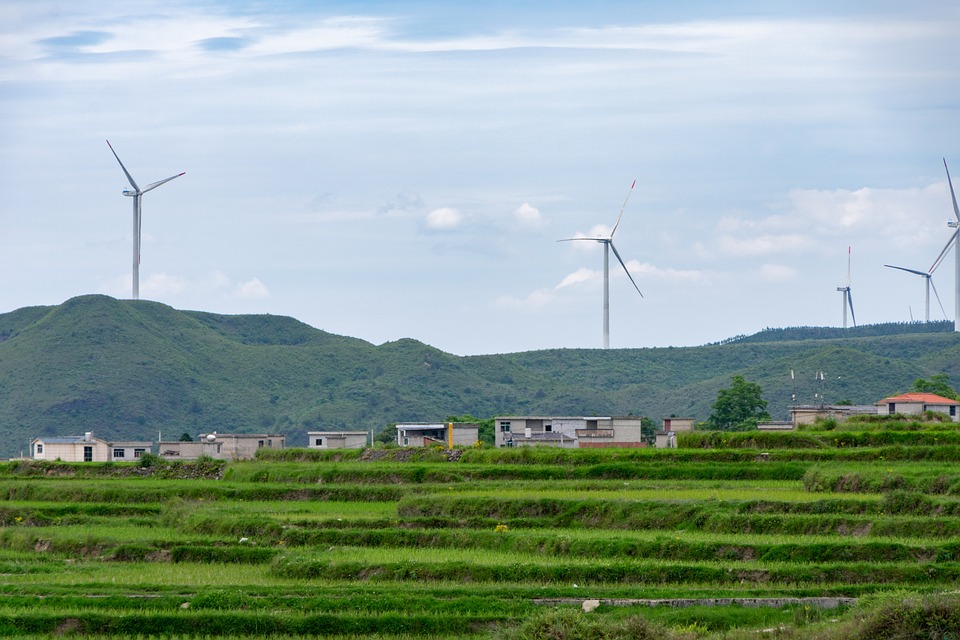US Energy Policy Under Trump: A Review of the Last Four Years
The Trump administration has had a significant impact on US energy policy, with a focus on increasing domestic energy production, reducing regulations, and promoting fossil fuels. In this article, we will review the key developments in US energy policy during the last four years, including the administration’s actions, controversies, and implications for the country’s energy sector.
Early Days: Deregulation and Oil Drilling
In January 2017, President Trump signed an executive order revoking the Clean Power Plan, a set of regulations aimed at reducing carbon emissions from power plants, which was a major victory for the fossil fuel industry. The order also launched a review of the Environmental Protection Agency’s (EPA) regulations on the oil and gas sector, ultimately leading to the repeal of the BLM’s Vent and Flare Rule, which aimed to reduce methane emissions at oil and gas wells.
Fossil Fuel Expansion
The Trump administration also significantly expanded fossil fuel production on public lands, opening up previously protected areas to drilling and mining. The administration increased approvals for oil and gas drilling permits, including drilling in the Arctic National Wildlife Refuge (ANWR) and off the Atlantic coast. This move was met with widespread opposition from environmental groups, but was seen as a major victory by the energy industry.
Renewable Energy and Climate Change
Despite the focus on fossil fuels, the Trump administration also took steps to promote renewable energy. In 2019, the administration announced a new goal to quadruple the use of domestic offshore wind energy by 2025. The administration also provided funding for renewable energy projects, including a $6.5 billion investment in solar energy and a $13.6 billion investment in wind energy.
Climate Change Denial and Controversy
However, the administration’s approach to climate change was also marked by controversy. The President himself has denied the scientific consensus on climate change, and his administration has rolled back several climate change-related regulations, including the Clean Power Plan and the Obama-era rules on methane emissions from oil and gas wells. This has led to widespread criticism from environmental groups and concerns over the administration’s priorities on addressing climate change.
Electric Vehicles and Infrastructure
The Trump administration has also taken steps to promote electric vehicle (EV) adoption, with the goal of making the US a leader in the global electric vehicle market. In 2019, the administration announced plans to invest $100 million in EV chargers, with the goal of increasing the number of publicly available charging stations from 20,000 to 147,000 by 2025. The administration has also proposed new tax credits for EV manufacturers and incentivized states to adopt EV-specific regulations.
Conclusion
The Trump administration’s energy policy has been marked by a significant shift towards supporting fossil fuels, with a focus on increasing domestic production and reducing regulations. While the administration has also taken steps to promote renewable energy and electric vehicles, its denial of climate change and rollback of climate change-related regulations has led to widespread opposition from environmental groups and critics. As the 2020 presidential election approaches, the future of US energy policy remains unclear, with the Trump administration’s actions likely to be remembered as a significant turning point in the country’s energy landscape.
FAQs
What is the Trump administration’s energy policy focused on?
The Trump administration’s energy policy is focused on increasing domestic energy production, reducing regulations, and promoting fossil fuels.
What are the key regulatory rollbacks under the Trump administration?
The Trump administration has rolled back several climate change-related regulations, including the Clean Power Plan, the BLM’s Vent and Flare Rule, and several obama-era rules on methane emissions from oil and gas wells.
What are the key initiatives to promote renewable energy under the Trump administration?
The Trump administration has launched initiatives to promote renewable energy, including a goal to quadruple domestic offshore wind energy by 2025 and providing funding for solar and wind energy projects.
What is the Trump administration’s stance on climate change?
The Trump administration has denied the scientific consensus on climate change, and has taken steps to roll back climate change-related regulations, leading to widespread criticism from environmental groups and experts.




_2.png?w=150&resize=150,150&ssl=1)


